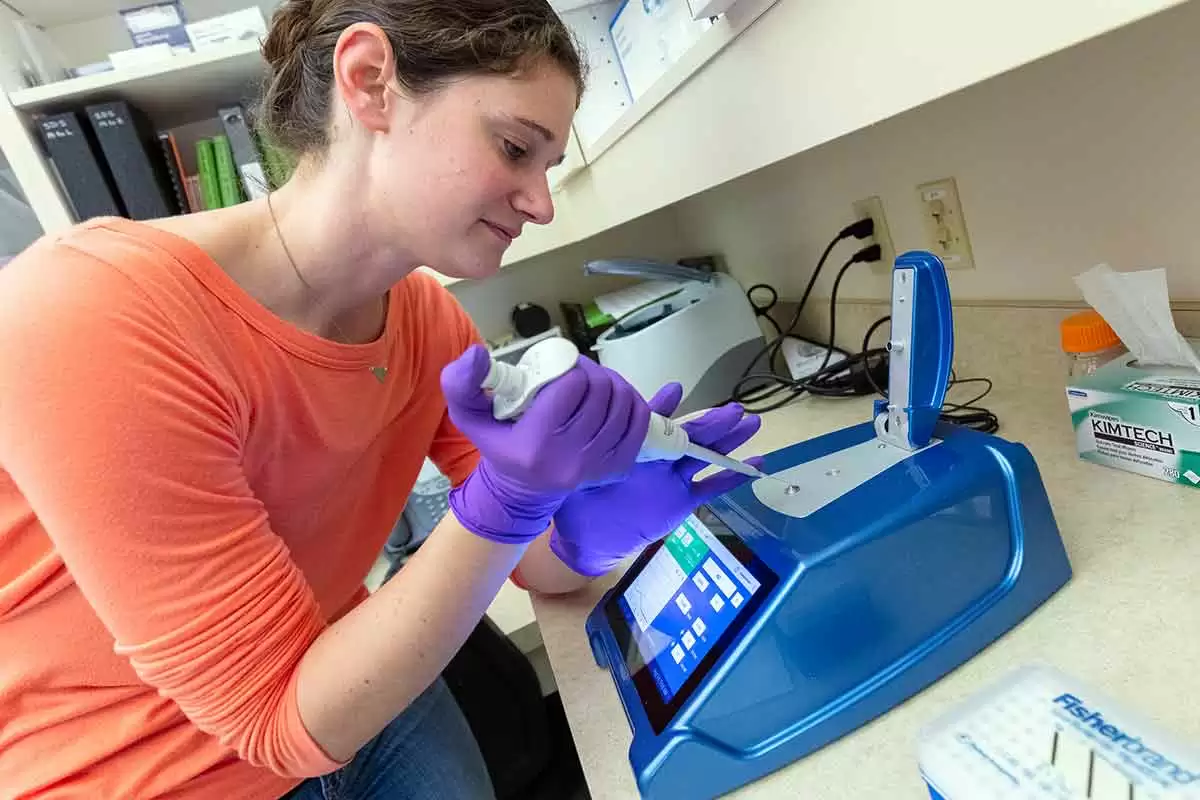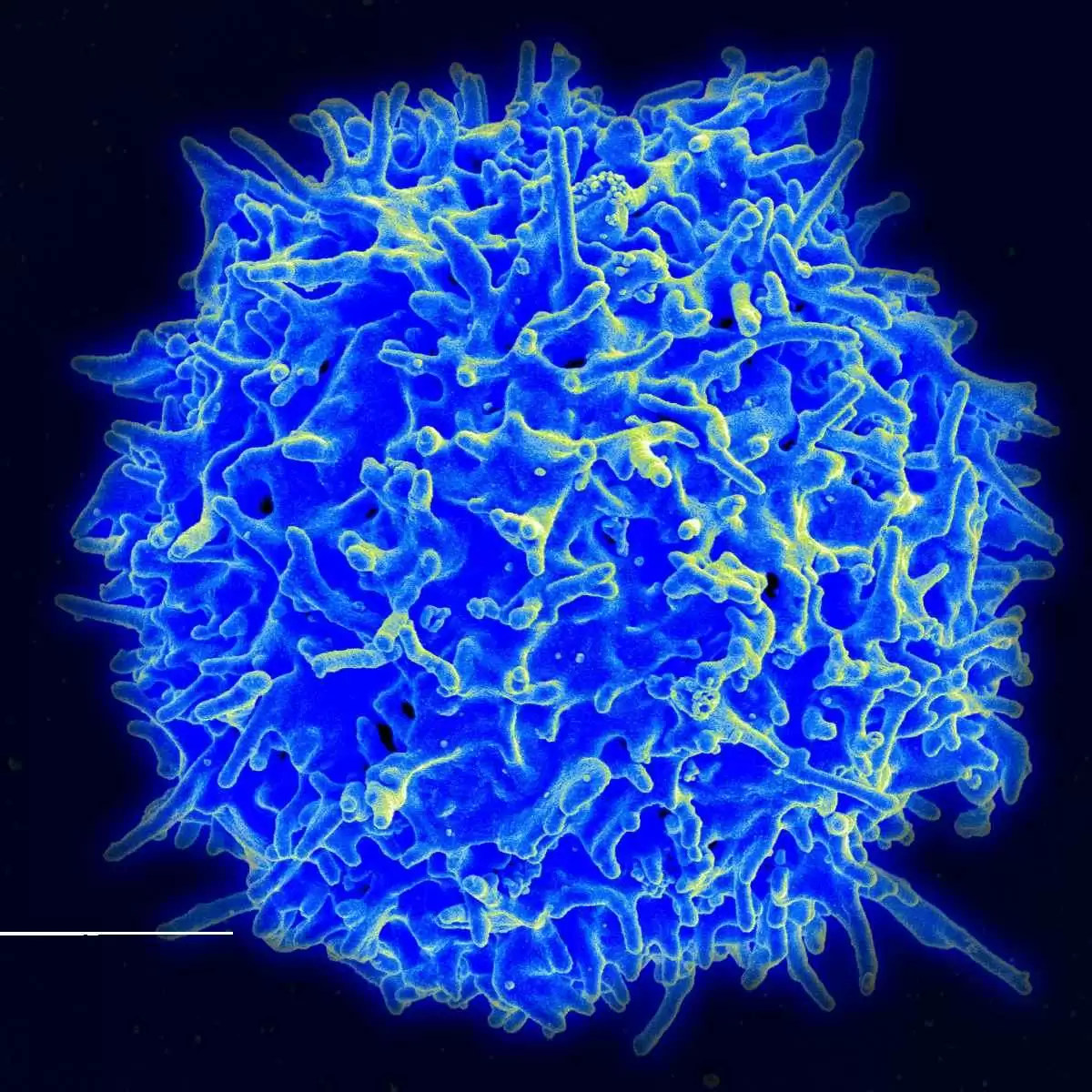
Celiac.com 08/14/2023 - Celiac disease is an autoimmune condition in which dietary gluten triggers inflammation in the intestine, which can result in damage to the intestinal lining. Researchers conducted a study to understand how gluten-specific CD4+ T cell activation causes intestinal damage through single-cell analysis of patients in different celiac disease states and healthy individuals.
The study revealed distinctive immune cell signatures in patients with untreated celiac disease, including elevated CD4+ follicular T-helper cells, regulatory T cells, and natural CD8+ αβ and γδ intraepithelial T cells (T-IELs). The presence of these activated intestinal T cell populations was associated with untreated, active, and potential celiac disease.
Celiac.com Sponsor (A12):
In response to gluten consumption, a subset of memory T-IELs expressing natural killer cell receptors (NKRs) transformed into cytotoxic cells that appeared to mediate intestinal damage in celiac disease. These NKR-expressing natural CD8+ αβ and γδ T-IELs exhibited a distinct TCR repertoire, indicating antigen-mediated selection.
Interestingly, these cytotoxic cells persisted in patients on a gluten-free diet without intestinal inflammation. The data suggested that these cytotoxic T cells, responsible for celiac disease-related intestinal damage, emerged from a specific memory population of T-IELs expressing NKRs.
After gluten ingestion, both αβ and γδ T cell clones from this memory population circulated systemically alongside gluten-specific CD4+ T cells and adopted a cytotoxic and activating NKR-expressing phenotype.
Cytotoxic T Cells in Celiac Disease are Mobilized Rapidly in Response to Gluten Ingestion
The findings indicate that cytotoxic T cells in celiac disease are mobilized rapidly in response to gluten ingestion, highlighting their role in mediating intestinal damage.
Understanding these cellular interactions can offer insights into disease mechanisms and potential therapeutic targets for celiac disease management.
Read more in SCIENCE IMMUNOLOGY Vol 8, Issue 85


.webp.c53b640f544ac5b6827ea9b8bf621ae6.webp)





Recommended Comments
There are no comments to display.
Create an account or sign in to comment
You need to be a member in order to leave a comment
Create an account
Sign up for a new account in our community. It's easy!
Register a new accountSign in
Already have an account? Sign in here.
Sign In Now